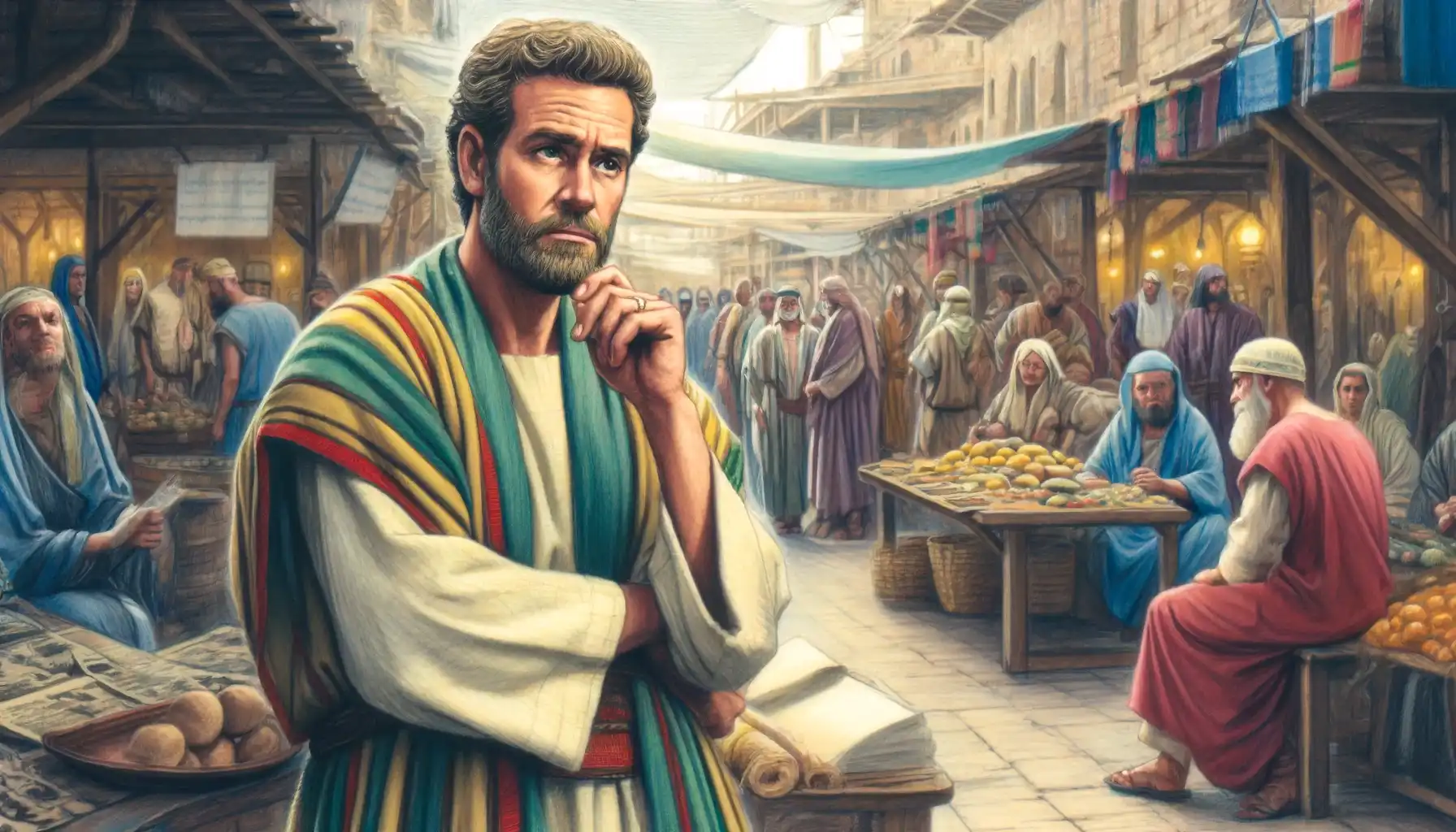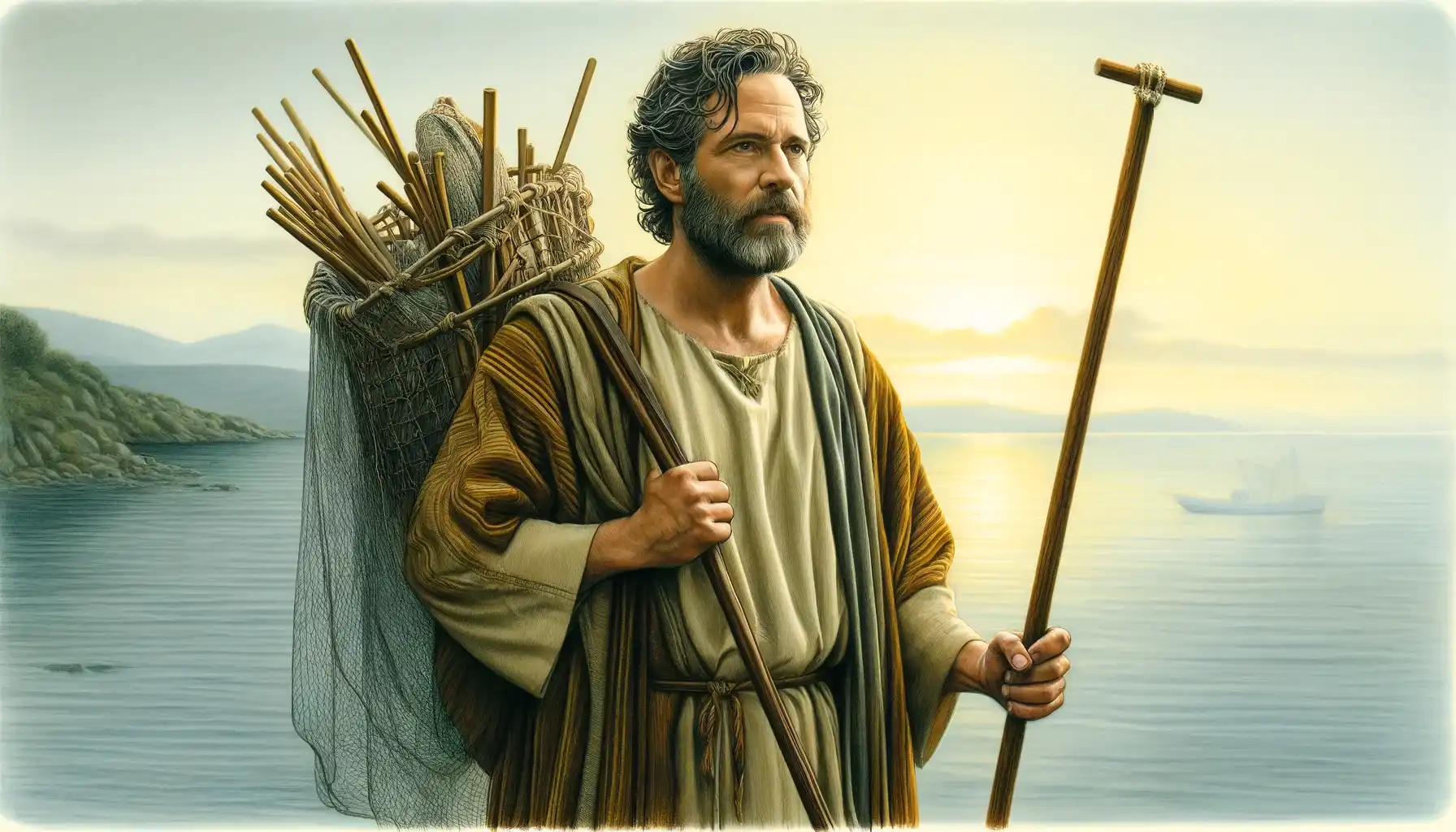Philippi, an ancient city in Macedonia, is historically significant as the site of the first Christian community in Europe, founded by Apostle Paul, and is celebrated for its profound biblical connections and rich archaeological heritage.
Philip the Apostle, originally from Bethsaida and one of the original twelve disciples of Jesus, is depicted in the New Testament as a figure who sought practical comprehension of Jesus’ teachings, exemplified by his interactions during key events such as the feeding of the 5000 and the Last Supper. Known for his questioning nature, Philip played a crucial role in the early Christian church’s expansion, particularly among Greek-speaking communities, as highlighted by his encounter with the Ethiopian eunuch in the Acts of the Apostles. Continuing his ministry across regions such as Greece, Syria, and Phrygia, Philip’s evangelistic efforts often met with resistance from local authorities, ultimately leading to his martyrdom by crucifixion or other means, thus symbolizing the ultimate witness to his faith and marking him as a pivotal figure in the spread of early Christianity.
Andrew, one of the twelve apostles of Jesus, is a compelling figure in Christian history, embodying the zeal and humility of early Christian apostleship; his background as a fisherman and initial discipleship under John the Baptist set the stage for his recognition of Jesus as the Messiah, leading to significant acts such as introducing his brother Peter to Jesus and facilitating key events like the feeding of the 5000. His post-resurrection missionary journeys through areas around the Black Sea and modern Greece and Turkey, and his martyrdom on an X-shaped cross in Patras, underscore his devotion and commitment, while his veneration as the patron saint of Scotland, Russia, and Greece reflects the broad geographic impact of his evangelistic missions, continuing to inspire faith and devotion through his legacy of apostolic service and sacrifice.



